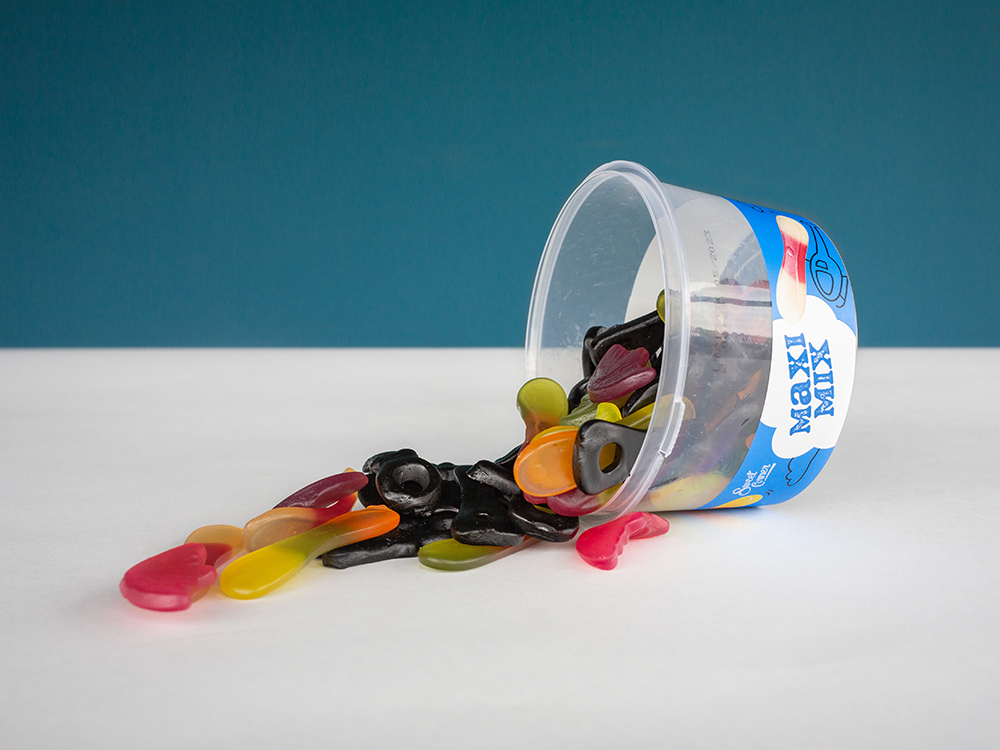A ban on plastic isn’t the answer, smarter application is


A ban on plastic isn’t the answer, smarter application is
Dutch national newspaper Trouw recently published a letter sent in by our managing director, Niels L’Abée, in its opinion column.
In the important debate on plastic, often based on heavy emotions, he wanted to share the view from the industry’s perspective with a substantiated piece.
Source: Trouw
Niels L’Abée, Managing Director of SFA Packaging.
Like most of us, I hope to leave behind a better world for my children and grandchildren. Does this mean there is a discrepancy in me being an environmentally conscious person and a seller of plastic packaging for the food industry? Allow me to share a view from the industry. Plastic pollutes the environment. So does living in a consumer society. We need to ask ourselves the extent of the impact the current situation has on the environment. Plastic can thank – or blame – a combination of low costs, versatility of the material, the durability and the strength-to-weight ratio for its success. The environmental impact of the packaging is often just 1 percent of the total impact on the environment (versus glass packaging, for example, which is over 30 percent). This means that plastic packaging actually saves 220 million tonnes of CO₂ each year. The Dutch foundation that promotes practical ways to live environmentally friendly, Stichting Milieu Centraal, words it perfectly: ‘Throwing away food is much more detrimental to the environment than saving on packaging material.’ It is true, however, that some packaging is unnecessarily thick in relation to the product it packages. Our industry has to commit itself to reducing the impact of plastic packaging on the environment. Twenty years ago, our packaging was 1 mm thick, today that thickness is 0.5 mm. We need to continue this trend; make packaging thinner, smarter and therefore less of a burden on the environment. We also mustn’t forget the plastic soup, which is a serious threat to our planet. Researchers of scientific journal Science have attempted to trace back which countries are the biggest source of the plastic soup.
Biobased plastic is preferred because it can be fully recycled
The top 19 most polluting countries are, without exception, countries with internationally low to medium wages. Therefore, to tackle the threat of plastic soup, we need to get the waste systems in those countries up and running. It means they need to be made aware of the economic benefits they can attain by recycling. Bio-degradable packaging consists of materials that are broken down by bacteria or yeasts in combination with oxygen. Unfortunately, they aren’t separated when processing waste. And even when it is separated from other plastic, the waste treatment companies are often unable to process it.
A study commissioned by the Dutch government concludes that bio-degradable plastic ‘has no added value when used as consumer packaging’. It is not the answer to the plastic soup issue, there is simply not enough oxygen in the ocean. A more interesting option is biobased packaging. These are materials made from materials that have a natural origin, such as paper, wood and wheat. Biobased plastic is preferred because it can be fully recycled Most literature on the subject shows that biobased material is more beneficial to the environment than regular plastic. Because there is market demand, a lot of research is already going into a combined effort between the industry and government. The best choice, it appears, is to produce packaging that is 100% recyclable because it is made from one type of plastic. Various types of food packaging are already produced in this manner. Biobased plastic is fully reusable for making new plastic products. Starting in 2019, the waste management contribution for this type of – fully recyclable – material will be reduced by 40%. Only 30 percent of plastic waste is currently recycled, mainly due to insufficient capacity. It is therefore the government’s task to (financially) stimulate recycling. Once this final step is taken, (mono-material) plastic will offer us a highly environment-friendly form of packaging.